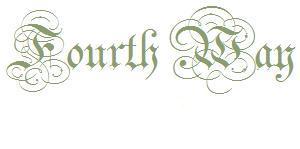I've come up with an interesting seven book list (I know, I'm an exciting person). It is a Christian book list. Here it is, then I'll show why it's interesting:
Holy Bible, AV1611
History of the Christian Church - Schaff
Pilgrim's Progress - Bunyan
Institutes of the Christian Religion - Calvin
God, Heaven and Har Magedon - Kline
Parzival - Wolfram von Eschenbach
Fourth Way - Ouspensky
The Bible is unique in the list, for obvious reasons. It isn't paired with anything.
The other books are in the categories of history, imaginative literature, and philosophy (basically). The model I struck on was to see the other six books as being paired up into exoteric/esoteric representatives.
Schaff's history is exoteric Christian history; Kline's book is the deeper, even esoteric, history of redemption from eternity.
Bunyan's Pilgrim's Progress is exoteric; Parzival is esoteric.
Calvin's Institutes are exoteric doctrine and practice; whereas the Fourth Way represents the esoteric level of knowledge and being.
And when I look at that list, if you count the abridged version of
Calvin's Institutes I read complete, and if you include a one-volume history of Christianity I read complete (Schaff's work is 8 volumes) I really have read all seven books.
Which tells me I may have run the course of this subject.

